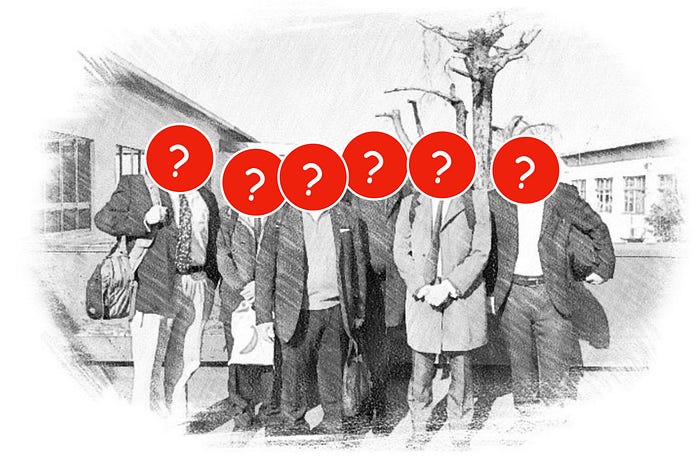But what about our children?

Do you remember the names of your teachers?
As a child, I respected my teachers — no matter the grade level. Even when they bored or infuriated me, which was most of the time, I recognized that they were necessary for my personal growth. They were part of life. We just had to deal with them.
A few of them even inspired me. We all have that experience — the handful of teachers whose names we remember decades later. The teachers motivated us and altered the trajectory of our life.
In my twenties, I developed a new appreciation for all my teachers. I came to understand that they were instrumental in making me the person I had become. Even the boring and annoying ones.
And I didn’t have to think too long when I was offered the opportunity to become one myself.
You don’t hear it often but being a teacher — in my case a college professor — was my dream job. The opportunity to inspire the next generation and give back to society.
The salary wasn’t the most important thing. It was a calling and soon it had become larger than life to me. The opportunity to help change how young people see the world. The freedom to make the job yours, and to bring a little bit of your own personality to the role.
But now, the world has caught up with me. The “dream job” has become a distant memory.
And this frightens me. Because it is happening at precisely the moment that we need to be doubling down on education and encouraging the real teachers.
A teacher is nothing more than a poorly paid administrator.
The teacher’s freedom is now curtailed. More and more time is spent on managing paperwork and navigating more and more policies, rules, and regulations. Everything is about teaching taxonomies and philosophies, learning objectives, evaluations (lots of them), writing reports, and more and more pointless meetings to discuss these meaningless issues.
Of course, we need some structure in education. But right now, it’s out of control. Everything is about standardization and homogenization.
Mind-numbing is the experience of being a teacher today. We have gone beyond spoon-feeding the students. Today’s teachers must find their way through a never-ending maze of formal procedures and mundane tasks. None of which add any value to the student experience. The students will soon forget the teachers’ names.
You spend less time teaching and inspiring the next generation. All energy is devoted to keeping the managers happy and becoming a manager yourself.
If I wanted to be a manager, I would not have become a teacher.
No wonder that the great teachers — the one’s whose names we always remember — are quitting.
And new talent? Well, “thanks but no thanks” has become the standard response.
The daredevils who defy logic and start as fresh teachers will most likely leave the lecture room sooner rather than later.
And let’s be honest. There is no real teacher who loves the managerial and administrative components of the job. So why do so many people go along with it and let it dominate their lives?
Being a teacher — a real teacher and not a manager — is a dying profession.
Only the managers survive. And no one will remember their names.
These developments are devastating. For teachers and young people.
In a digital world where everyone is wholly exposed, we need to give our children more guidance. We need more real teachers (not less).
Undoubtedly, the digital world offers many possibilities for online teaching and teacherless self-learning.
But the digital world must not eclipse the demand for teachers and education.
In fact, the digital world offers an excellent opportunity to restore the balance in education and give more room again for the innovators and the inspirators. The ones who want to understand the world and love to experiment, learn, and teach.
It’s time for action.
Our children need real teachers. The ones whose names they will remember.
Source
https://medium.com/age-of-awareness/these-great-teachers-will-soon-be-forgotten-80cc9cdd84d0
Thanks to Sunil Malhotra.
